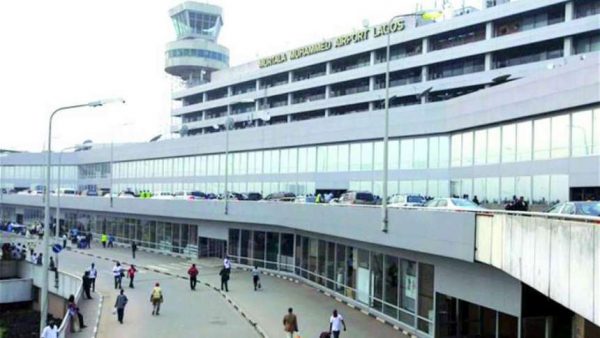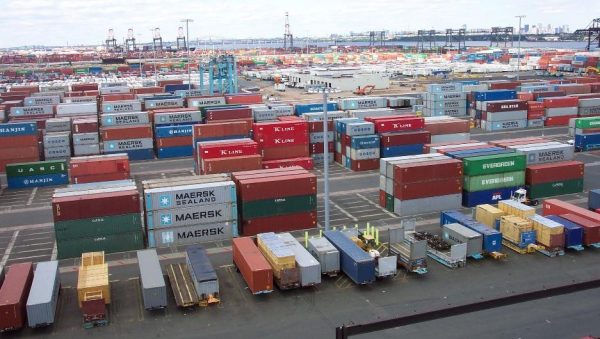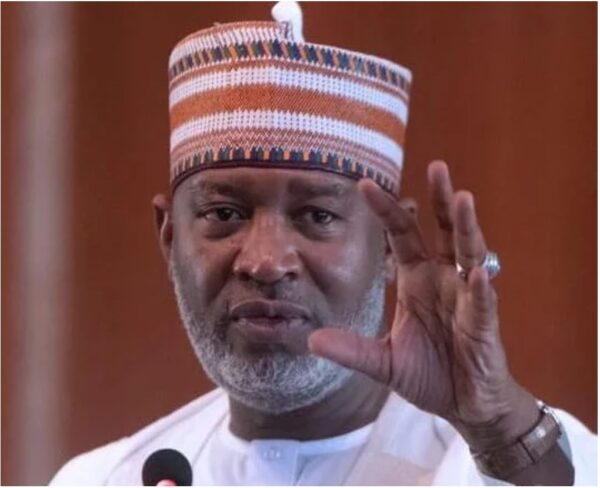Reforming Infrastructural Facilities At Nigerian Airports
 “A successful society is characterized by a rising living standard for its population, increasing investment in factories and basic infrastructure, and the generation of additional surplus, which is invested in generating new discoveries in science and technology”– Robert Trout
“A successful society is characterized by a rising living standard for its population, increasing investment in factories and basic infrastructure, and the generation of additional surplus, which is invested in generating new discoveries in science and technology”– Robert Trout
Infrastructural growth is key in the aviation industry as well as the country’s aviation sector. However, many airports in Nigeria lack basic infrastructure which has greatly affected the growth of the sector. It is also imperative to note that when these infrastructural facilities are in good shape, more passengers will be attracted to the airport which will generate more money for the economy.
Recently, the International Civil Aviation Organization (ICAO) called on Nigeria and other African countries, to upgrade their airport infrastructure to meet projected growth in the aviation industry. Nigeria processes passengers more than many other countries in the continent and despite the rapid growth in its population, the potential has not translated to strong and meaningful development.
ICAO President, Bernard Aliu, has also said that Africa has the highest growth potential among other continents, even as global passenger traffic has been projected to hit 8.1 billion by 2035.
Several of the airports do not have basic equipment such as passenger facilitation equipment such as perimeter fencing, adequate fire cover and airfield lighting. Airplanes cannot land in the airport at night because of the absence of airfield lighting. Flight cancellations, flight delays, lack of profitability of airlines and menace of weather has been blamed on poor infrastructure
This therefore suggests the urgent need for the federal government to revive the facilities of the airports across the country.
Africa must address its aviation infrastructure gaps given current awareness of how air connectivity has become such a unique and indispensable catalyst for socio-economic growth on the continent.
The Secretary General of the African Civil Aviation Commission (AFCAC), Papa Asuma Fall, in an effort to proffer solution to the problem noted that air navigation system is a critical infrastructure gaps that must be addressed in other to become competitive in the global aviation industry.
“There is need for significant effort in air navigation expansion and upgrading programmes in other to accommodate growth in passenger and cargo activities, gradually rehabilitate existing facilities and support aircraft technological advancement ” he said.
Government needs to make the right policies at the right time and also implement the policies which would grow the sector. Although the present administration has shown its dedication to airport development, a lot is still yet to be done in this area.
The Federal Airports Authority of Nigeria (FAAN) also announced that it has set up a committee to highlight plans to boost non-aeronautical revenue, to upgrade airports’ infrastructure nationwide.
This is a good move towards actualizing good infrastructural developments among airports as more funds will be generated which will be used to upgrade these facilities. Non-aeronautical revenues come from money largely spent by passengers and other airport users at the airports. These also include the earnings from service providers who meet the need of passengers and others at the airport.
The airport is a gateway to the country and the first impression a foreigner has of a nation, so it needs to meet the required standard. Government should ensure continued investment and development of aviation infrastructure to improve the condition of airports in Nigeria.







